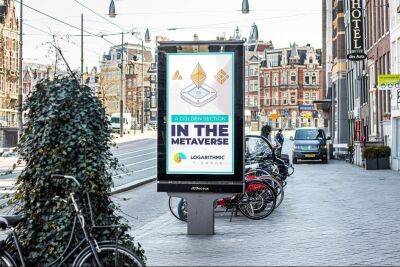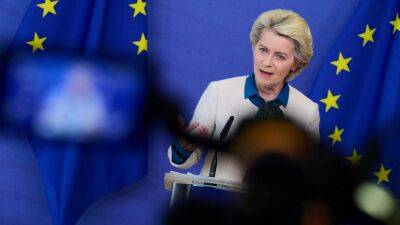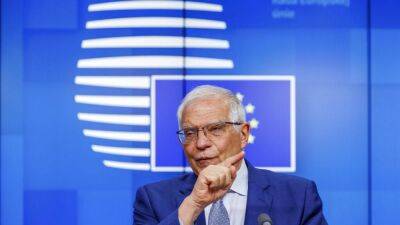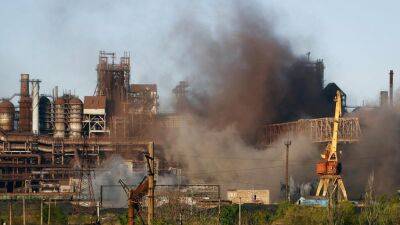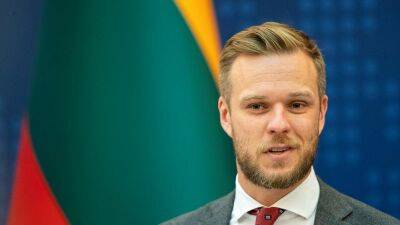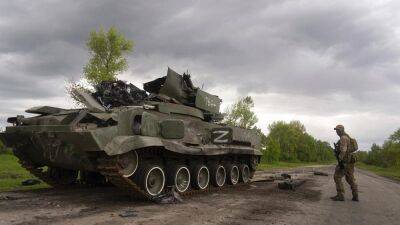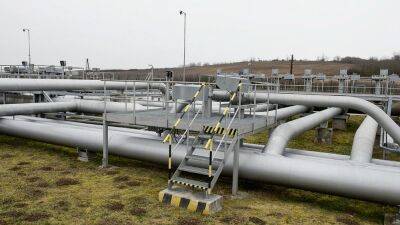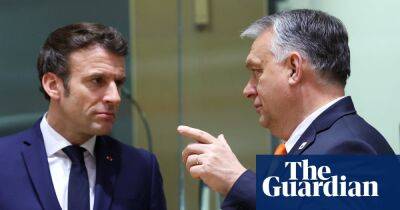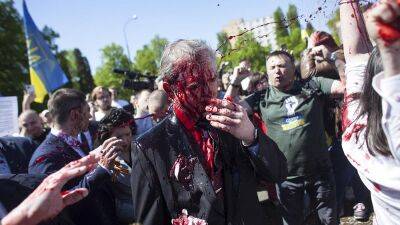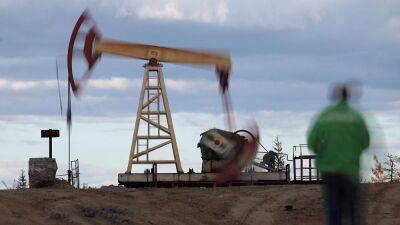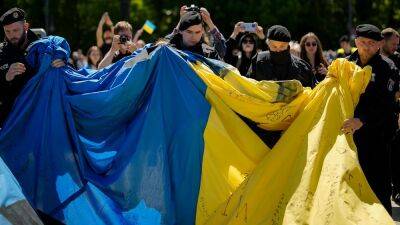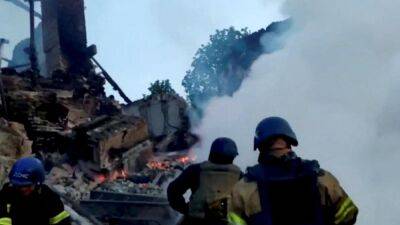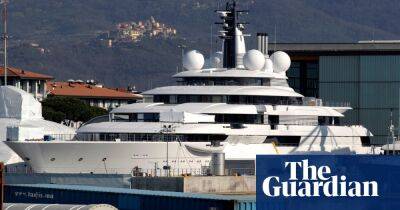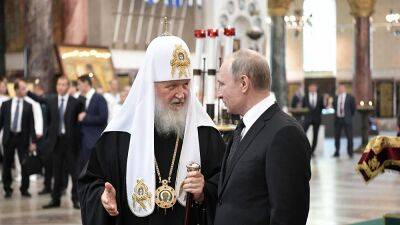EU ban on Russian oil: Orban-VDL talks fail to produce a breakthrough
A face-to-face meeting between Ursula von der Leyen, president of the European Commission, and Viktor Orbán, prime minister of Hungary, failed to deliver the much-needed breakthrough to push the proposal for an EU-wide ban on Russian oil imports over the finish line.
The main point of contention remains the ambitious timeline envisioned by the Commission: a phase-out of all Russian crude in six months and all refined oil products by the end of the year.
Talks began last Wednesday and have now gone into a seventh day.
For Hungary, a country that is physically connected to the Russian-operated Druzhba pipeline, making the switch to other providers in such a short period of time would wreak economic havoc.
"We cannot allow the Hungarian people to be made to pay the price of this war," Hungary's Foreign Affairs Minister Péter Szijjártó told local media after the two leaders met in Budapest.
"Hungary's energy supply is currently on solid [ground]. However, the entry into force of the current sanctions package would destroy Hungary's energy security: it would be impossible to obtain the crude oil needed to operate the Hungarian economy."
Szijjártó said the talks yielded "some progress" and served to explain the country's particular circumstances and economic concerns.
"This evening’s discussion with PM Viktor Orbán was helpful to clarify issues related to sanctions and energy security," von der Leyen tweeted on Monday evening.
"We made progress, but further work is needed. I will convene a [video conference] with regional players to strengthen regional cooperation on oil infrastructure."
An initial compromise suggested Hungary could be allowed to complete the phase-out by December 2024, but this exemption doesn't seem to be enough to
Read more on euronews.com

